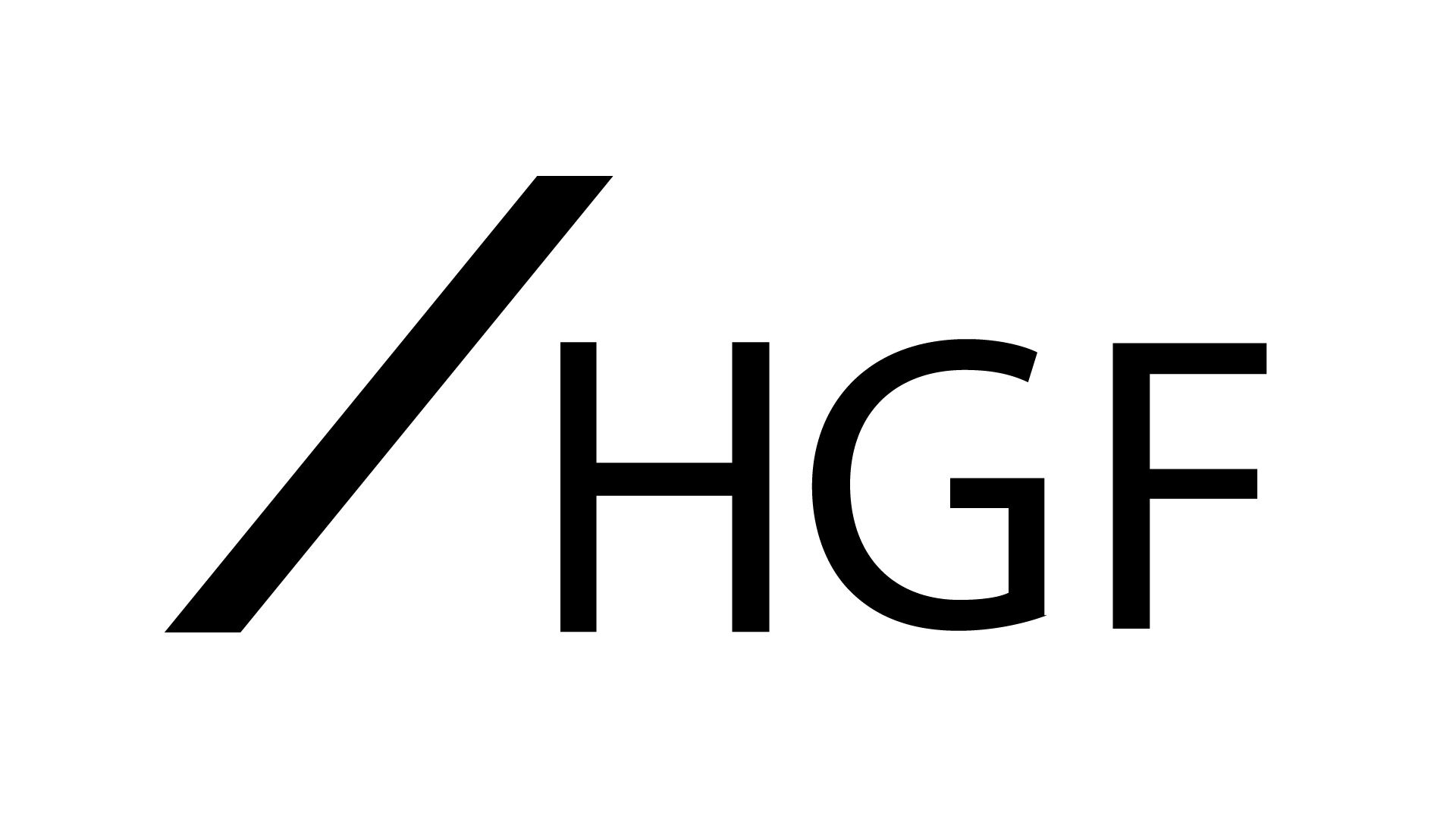News
Every Lidl Helps – Lidl wins High Court case against Tesco on the “Clubcard Prices” logo
April 2023
After an interim High Court decision and a Court of Appeals decision, Mrs Justice J. Smith handed down her judgement on 19 April in favour of Lidl having held that Tesco:
a.infringed the LIDL logo;
b.passed off its goods as being priced matched to Lidl;
c.infringed Lidl’s copyright by copying the blue background with the yellow circle which forms a substantial part of the LIDL logo.
Tesco succeeded in its counterclaim that Lidl’s 1995, 2002, 2005 and 2007 registrations for its Wordless Mark were filed in bad faith. However this will be little consolation to Tesco which is faced with the prospect of having to cease use of its Clubcard Prices logo.
Justice Smith’s judgment runs at 102 pages and chances are that we will be poring over it for months to come – or at least until Tesco appeals!
A.Trademark infringement
- the LIDL logo and the Clubcard Prices logo are visually similar, with Tesco’s internal team evidently fearing the same;
- the public linked the marks based on evidence of both origin and price match confusion/association by the public and evidence that Tesco recognised internally the potential for confusion;
- Tesco’s use of the Clubcard Prices logo was detrimental to the distinctiveness of Lidl’s word logo;
- Tesco gained an unfair advantage by associating its prices with Lidl and its reputation for low price value.
Tesco’s argument that the similarities between the marks boil down to elements which “are individually trite, conceptually commonplace and are in any event drowned out by the text” was not deemed persuasive and Justice Smith had a leg to stand on considering the evidence from Tesco’s internal team (and evidence on origin and price match confusion/association by the public) that the marks looked similar.
Tesco’s defence Re: unfair competition – aptly coined by our own Lee Curtis as the ‘whataboutery’ defence – effectively was that its actions did not constitute unfair competition considering what is going on in the supermarket sector and Lidl’s ‘lookalike practices’. The defence was rejected as not specifically pleaded and/or supported with evidence. However, it will be interesting to see if arguments that the threshold for fair competition varies across sectors develop further.
A brief word on Lidl’s Wordless mark. Justice Smith says in her judgement when considering Tesco’s counterclaim (see below) that “the Wordless Mark is itself perceived by consumers as a trade mark and that Lidl has established genuine use of the Wordless Mark through use of the Mark with Text.” endorsing the 2014 Specsavers Court of Appeal decision.
B. Tesco’s counterclaim
Given Lidl succeeded on trade mark infringement based on the LIDL logo, Tesco’s counterclaim was of no help to it as it related solely to Lidl’s Wordless Mark.
Tesco’s challenge to the validity of Lidl’s Wordless Mark on grounds of non-use and lack of distinctive character was dismissed, save for a specific subset of goods or services for which it was common ground that the Wordless Mark had not been put to use.
Tesco also sought the invalidation of some of Lidl registrations for the Wordless Mark on bad faith and more specifically ‘evergreening’. Justice Smith previously threw out Tesco’s bad faith counterclaim only for the Court of Appeal to reverse her judgement in October last year.
Bound by the Court of Appeal judgment, Justice Smith accepted that it was for Lidl to provide a plausible explanation of its objectives and commercial logic when filing the Wordless Mark in 1995, 2002, 2005, 2007 and 2021. Lidl failed to persuade Justice Smith that Lidl had a genuine intention to use the Wordless Mark in 1995 and the subsequent filings in 2002, 2005 and 2007 were made in bad faith with Lidl attempting to ‘evergreen’ the 1995 filing. Part of the problem for Lidl was that the evidence it adduced on its intentions Re: the Wordless Mark post-dated the filing dates of the marks.
However, as regards the 2021 filing of the Wordless Mark, Justice Smith considered that Lidl’s evidence on its intention underpinning the 2021 filing and the statement that the Wordless Mark “is an important part of [its] branding”, which was not challenged by Tesco, were sufficient to overcome any inference of bad faith. The judgement also refers to the 11-year gap between the registration of the 2007 filing and the filing of the 2021 application as an indication that Lidl was not interested in evergreening when making the application in 2021.
C.Passing off
Having already considered the evidence for the trade mark infringement plea, Justice Smith accepted Lidl’s case that:
a.the UK public recognises the Lidl Marks as indicating Lidl’s goodwill;
b.its goodwill includes its reputation as a discounter offering goods at low prices;
c.a substantial number of consumers have been deceived to believe that the Clubcard Price is the same or lower than the price offered by Lidl for the equivalent goods;
d.Lidl has suffered damage by reason of Tesco’s misrepresentation.
D.Copyright infringement
Lidl adduced evidence on the creation of the LIDL logo over a period of 30 years, claiming ownership of the copyright in the LIDL logo and the Wordless Mark (collectively “the Work”). Justice Smith held that the Works involved skill and labour to qualify for copyright protection and Tesco, by copying the blue background with the yellow circle, copied a substantial part of the Works.
Tesco denied there was copying. Even though Tesco may not have had a deliberate intention to evoke Lidl, evidence on Tesco’s focus on achieving a perception of value and, amongst other things, looking at what Lidl went about this, supported Justice Smith’s conclusion of copying.
E.Conclusions
The decision will probably be seen as controversial among UK attorney circles. However, on the evidence presented, the decision seems merited. Tesco was looking into ways of conveying value and the instructions to Wolff Olins to look at how Lidl (amongst others) went about doing this, coupled with evidence from Tesco’s internal team that the resulting Clubcard Prices logo was likely to be confused with Lidl’s marks, create at the very least the impression that Tesco was open to fly close to Lidl’s designs.
Perhaps Tesco’s confidence that the reference to “Clubcard” would suffice to dispel any and all issues was misplaced and flew too close to Lidl’s sun. Tesco after all claimed that the text in both marks “block out the sun” but seemingly failed to consider the risk of sunburn during cloudy days.
Tesco has indicated it will appeal the decision so stay tuned for more to come on supermarket wars!
Wolff Olins did not create the Clubcard Prices sign referred to in the judgment, and were not involved in the court case.
This article was written by Trade Mark Director Apostolos Dakanalis.
































